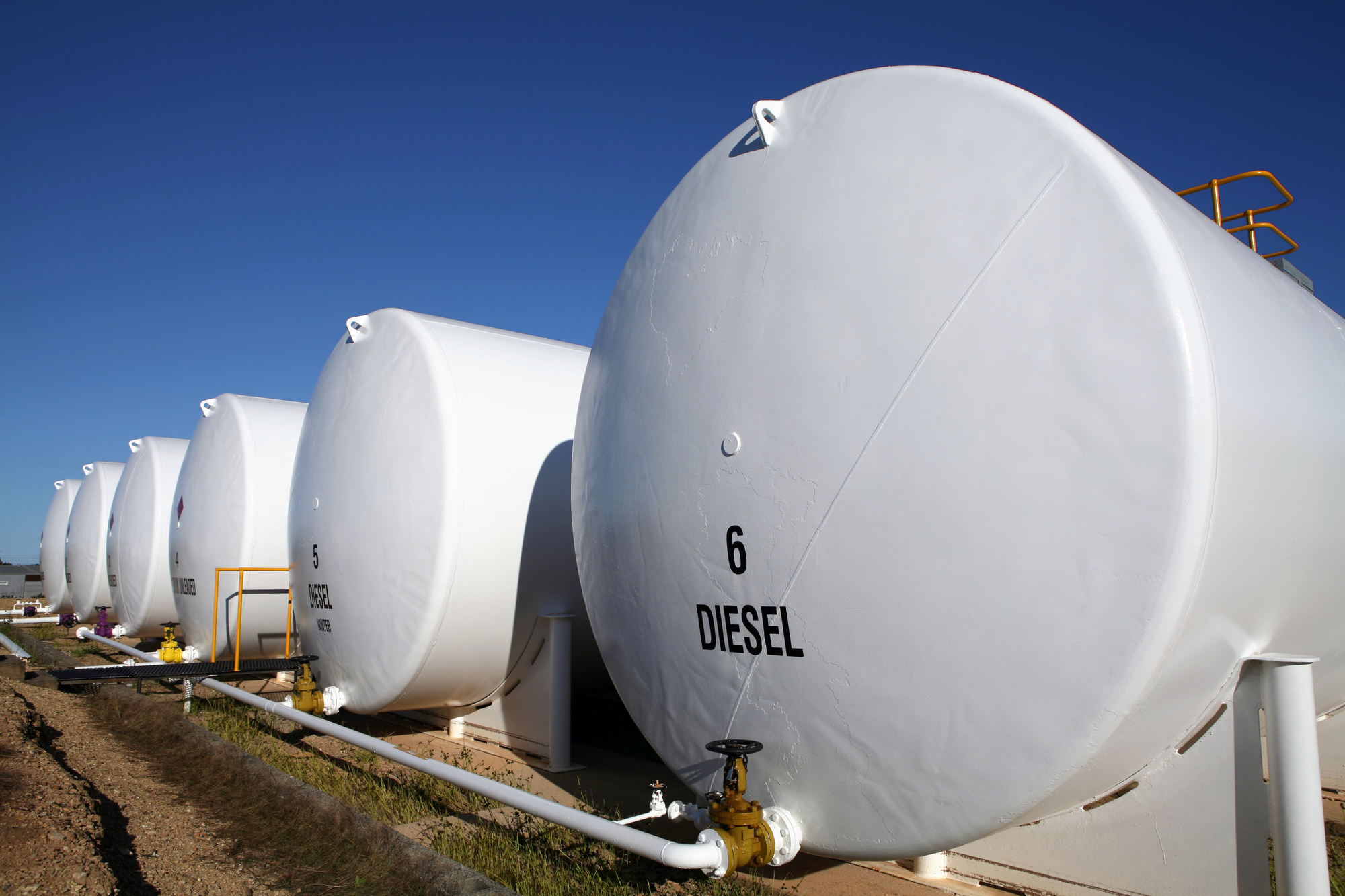How Oil Contamination Drives Up Fuel Consumption

Contaminated oil can increase fuel consumption in several ways:
Increased Friction: Contaminants like solid particles, water, and varnish interfere with oil’s lubricating properties, causing more friction between engine parts. This extra friction demands more energy, leading to higher fuel consumption to maintain performance.
Poor Lubrication: Contaminated oil may not properly lubricate engine components, causing more friction and heat. This inefficient lubrication forces the engine to work harder, increasing fuel consumption.
Reduced Efficiency: Contaminated oil compromises engine efficiency as worn components perform less effectively. For instance, worn piston rings can lead to incomplete combustion, increasing fuel consumption.
Engine Deposits: Varnish and sludge deposits disrupt fuel delivery and combustion, resulting in inefficient fuel consumption.
Engine Overheating: Contaminated oil can cause engine overheating, leading to richer fuel mixtures and higher fuel consumption.
Optimal oil maintenance and effective filtration are crucial to prevent contamination and ensure optimal machine performance, thereby minimising fuel usage.

